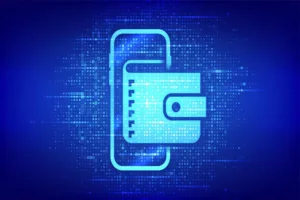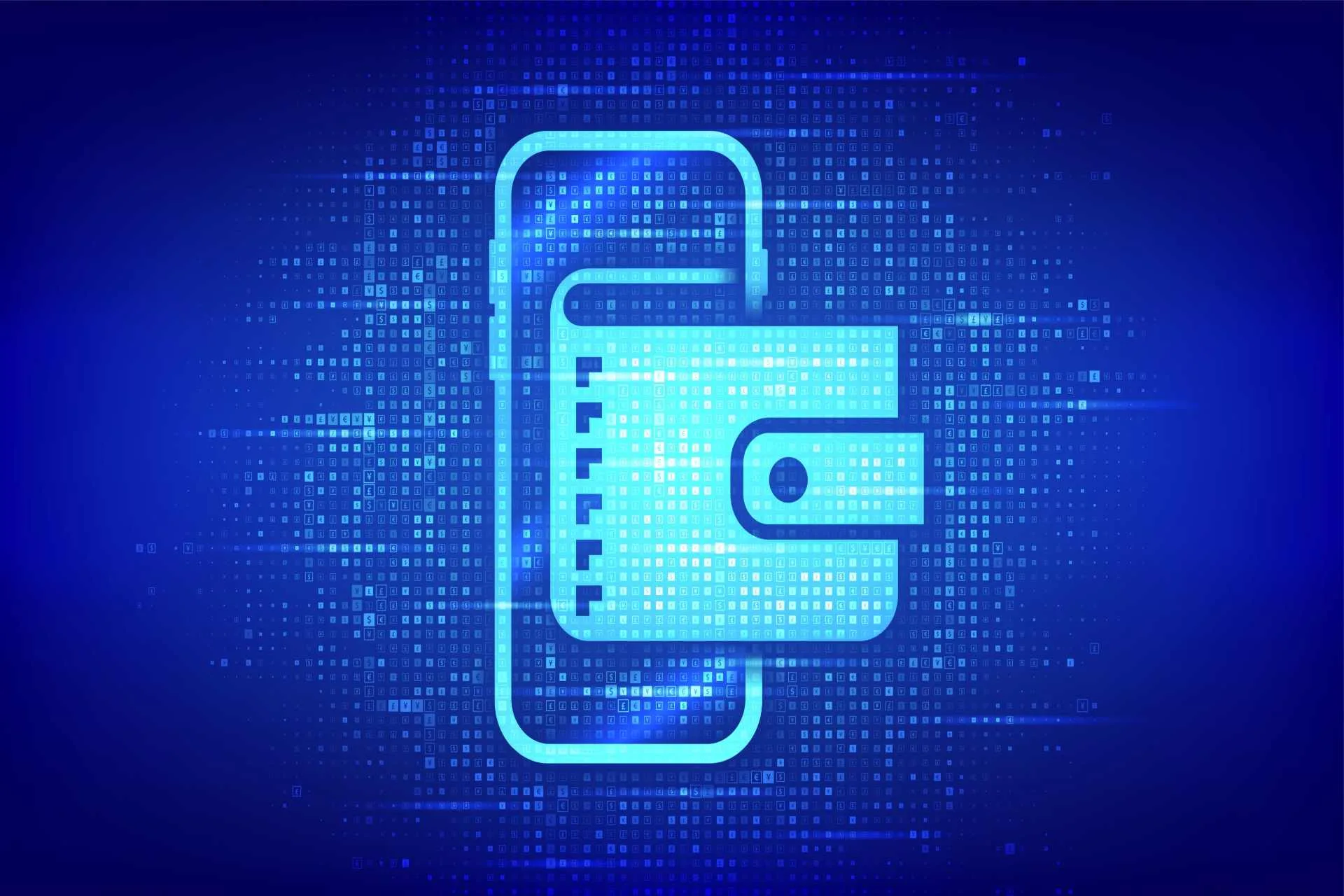E-Sign Act, the US Electronic Signatures in Global and National Commerce Act, signed into law on June 30, 2000, shows us the US approach to validity for electronic records and signatures for transactions in or involving domestic or foreign trade.
The purpose of the ESIGN Act
The ESIGN Act is intended to facilitate the use of electronic records and electronic signatures in US domestic and foreign trade. These tools can simplify exchanges, provided that all parties recognize the validity and legal effect of electronic contracts. The ESIGN guarantees this validity. It also promotes uniformity in the law concerning the subject.
The cornerstone of ESIGN is that a contract or a signature “may not be denied legal effect, validity, or enforceability solely because it is in electronic form“.In other words, electronic signatures and registers have the same validity as paper ones.
Applications of ESIGN Act
The ESIGN Act applies to any contract between companies or individuals, including consumers. However, it is not applicable to certain categories of contracts, including:
- wills and testamentary trusts;
- family law documents (for example, divorce);
- bankruptcy petitions, notices, and claims;
- securities transactions for which the use of paper is mandatory (15 USC 78l);
- notices of recalls, removal, or repair of products, goods, or services (they goes under the Consumer Product Safety Act);
- documents that must be notarized or witnessed in person under federal or state law.
Electronic record and electronic signature
The ESIGN defines both terms:
- an electronic record is “a contract or other record created, generated, sent, communicated, received, or stored by electronic means“;
- an electronic signature is “an electronic sound, symbol, or process, attached to or logically associated with a contract or other record and executed or adopted by a person with the intent to sign the record“.
For “electronic” the Act means “relating to technology having electrical, digital, magnetic, wireless, optical, electromagnetic, or similar capabilities”.
The validity of an electronic signature
Like the UETA (Uniform Electronic Transactions Act), the ESIGN Act indicates some basic requirements for an electronic signature to be considered valid in the US:
- all parties must have intended to sign;
- the parties must agree to do business electronically;
- the system used to acquire the transaction must keep a record of the process by which the electronic signature was created. Alternatively, the system must generate a text or a graphic element to add to the record to prove the electronic signature;
- the electronic signature records must be capable of retention and accurate reproduction for reference by all parties entitled to retain the contract or record.
ESIGN Act and digital signature
A digital signature is a type of electronic signature that uses cryptographic techniques to ensure that the signer is who they say they are and that the document has not been altered.
Under the ESIGN Act, digital signatures have the same legal status as handwritten signatures. As a consequence, we saw a significant increase in the use of digital signatures in the US for a variety of transactions, including contracts, financial documents, and other legal agreements. They are also used to secure email messages or authenticate websites.
Today, they are widely used in a variety of industries, including banking, healthcare, and government. However, they are particularly well suited for the electronic commerce because they provide a high level of cybersecurity and authentication.
The growth of e-commerce
The ESIGN Act has had a major impact on the development of electronic commerce. In fact, before ESIGN was approved, online business lacked safeguards. By making electronic signatures legally binding, the ESIGN Act changed the game.
First of all, it made electronic commerce safer and more efficient, both in the US and around the world. Thanks to ESIGN, large and small businesses can now transact electronically with confidence, knowing that the contracts and agreements have legal value.
Moreover, it has been important in shaping the development of e-commerce platforms and technologies. For example, ESIGN was one of the key drivers behind the development of the Portable Document Format (PDF), one of the most popular document formats.
Finally, it did not only affect the American context. The ESIGN has been a major inspiration for similar legislation around the world, including in the European Union.








